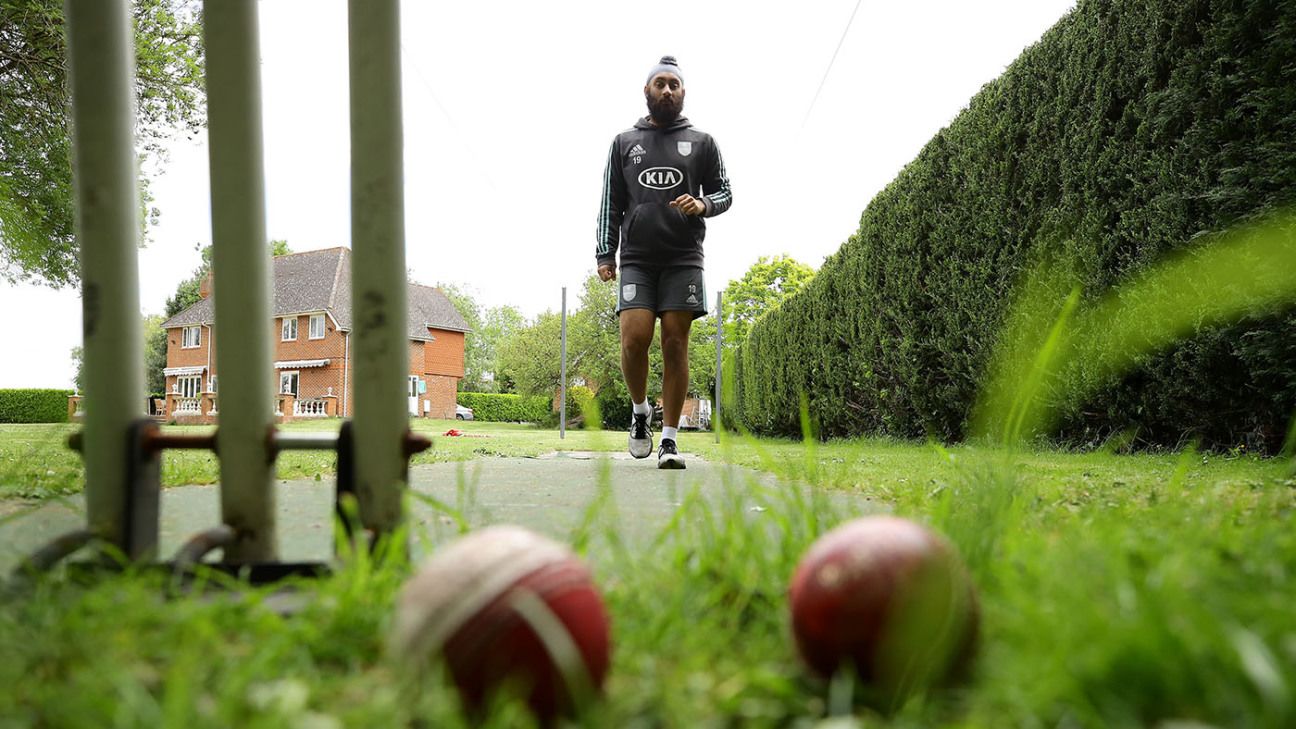The path for England’s return to international cricket has become clearer after the UK government published stage two guidelines for the resumption of elite sporting training.
Stage two of competitive training sees players given exemptions on social-distancing rules where necessary as part of training, with the decision on when to move from the first to the second stage at the ECB’s discretion.
Eighteen bowlers returned to training on a strict individual basis at the end of last week, with players adhering to a precise set of protocols regarding personal hygiene and social distancing under the supervision of a physiotherapist.
ALSO READ: West Indies CEO ‘increasingly confident’ on England tour
England are likely to name an enlarged squad of up to 45 players later this week, with players gradually returning to training as required. Batsmen and wicketkeepers are due to begin training on Monday, June 1, while white-ball players are likely to return later. The first Test against West Indies is pencilled in for July 8, while the first limited-overs internationals are likely to be a three-match ODI series against Ireland at the end of July/start of August.
The new guidance says that stage two training is anticipated to “start with smaller ‘clusters’ of 2-3 athletes and eventually progress to larger groups of 4-12 athletes, and ultimately full-team training”. It also stresses that social distancing should be maintained “at all other times aside from technical training”.
The guidance differs slightly from that issued by the ICC last week, which encouraged players to maintain social distancing during training.
It is highly likely that players will be encouraged to continue practices from individual training, such as bowlers bringing their own set of balls, regular use of disinfectant wipes, and washing hands regularly. The guidance recommends keeping communal areas like changing rooms closed, and re-states that athletes and staff should be made clear on their option to opt out at any point.
The ECB should also ensure that coaches and athletes are “briefed on, understand and are able to operate within the risk mitigation strategy associated with stage two training”, the guidance states.
“This new guidance marks the latest phase of a carefully phased return to training process for elite athletes, designed to limit the risk of injury and protect the health and safety of all involved,” Nigel Huddleston, the sports minister, said.
“We are absolutely clear that individual sports must review whether they have the appropriate carefully controlled medical conditions in place before they can proceed, and secure the confidence of athletes, coaches and support staff.
“Given the wide-ranging input we have received from medical experts, we believe these pragmatic measures should provide further reassurance that a safe, competitive training environment can be delivered, as we work towards a restart of professional sport behind closed doors when it is safe to do so.”
A Department for Digital, Culture, Media and Sport (DCMS) statement said: “The elite sport return-to-training guidance intends to minimise the risk to the elite sports community, while also minimising any pressure elite sport places on healthcare workers and the wider community during the resumption of training. Like all changes to current measures it will be kept under review in accordance with the government’s Covid alert system.”
